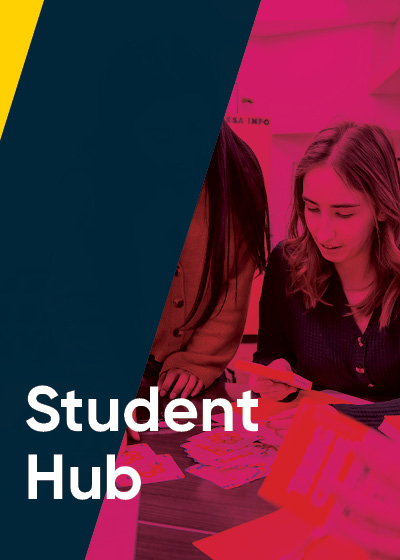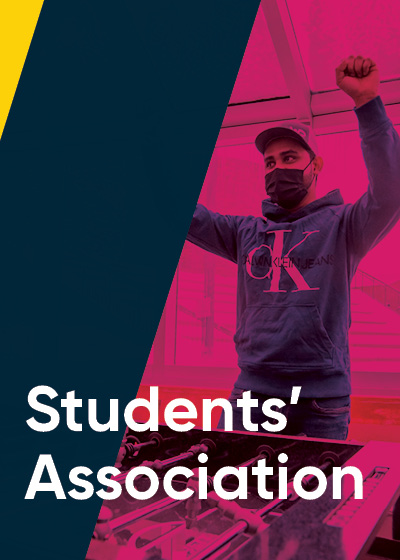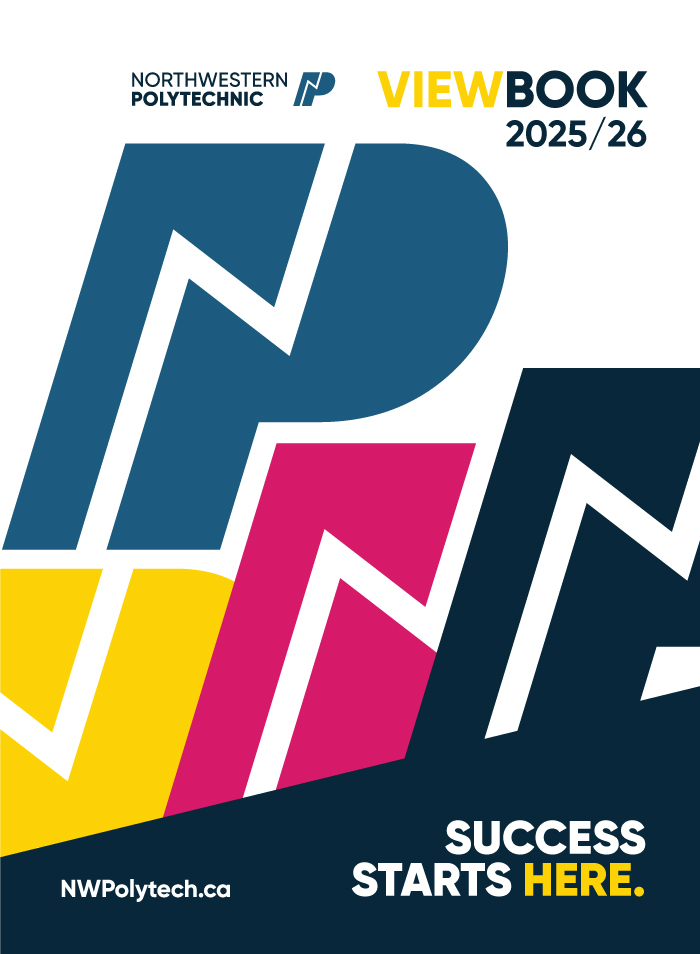News Archives: GPRC Paves Way For Fresh Start
Thursday, October 3rd, 2019

Dennis Shinski came to GPRC to turn his life around and became a community advocate for men's mental health.
Dennis Shinski could be a poster boy for how Grande Prairie Regional College helps students reinvent themselves.
For the former oilfield worker, there was no choice but to make major life changes and he’s thankful to have found a nurturing environment as he turns the corner.
Shinksi was spiralling out of control as a drug and alcohol addict and the threat of losing his job convinced him to finally seek assistance.
Shinski is now pursuing his Bachelor of Social Work degree with the University of Calgary’s Learning Circle through GPRC.
He’s also working to raise awareness around the issue of men’s mental health and to encourage men to reach out when they need help – something he had to learn to do. Seeking assistance wasn’t his mindset when he seemingly had it all – a great paying job, a house and a nice truck – in his early 20s.
Shinksi has shared the story of his turnaround as part of a new CBC documentary, Digging in the Dirt. It focuses on high rates of suicide among men working in oil patch, industry and agriculture in northern Alberta. The documentary can be streamed on CBC Gem.
The documentary details how during his darkest days, Shinski lost a close friend to suicide. He recounts that he was in no position to help himself, let alone someone else who was struggling.
Since Social Work requires two years of post-secondary education, he upgraded his high school education, then enrolled at GPRC and took two years of classes, focusing on sociology, psychology and anthropology.
In addition to returning to school after 16 years away from the classroom, Shinski is working with a Grande Prairie high school as a youth advocate, which allows him to share his life experiences with young people at an important age.
“It’s time to give back. I want to take what I have learned and empower others,” he says. “I want to give others hope. You can get out of the cycle.”
He also volunteers with other agencies in the community.
Shinski has committed himself to converting his obsession for drugs and alcohol to a passion for achieving an education.
He now dreams of attaining his Masters of Social Work and going full circle to become an addictions therapist. He’s been abstinent from cocaine and alcohol for eight years and stopped smoking seven years ago.
“A lot of stuff needed to change,” he says. “I started taking my health seriously after all those years of mistreating my body. I was tired of being sick and tired. I realized I needed to do something different. Through recovery, I found out who I want to be.”
Over a 15-year period, Shinski was a well service operator and supervisor. He also worked as a mechanic and a production operator.
He’s now thankful his employer gave him an ultimatum and supported his treatment. As it turns out, one of his managers could relate. He, too, was in recovery.
“That instilled hope, to give it a shot.”
Along with counselling and attending 12-step meetings, a big part of Shinski’s transformation was learning to say no when he wanted to say yes, not just to the drugs themselves but to people and situations that are likely to fuel his addictions. In some cases, that meant removing some individuals from his life.
“It’s not a total Cinderella story. It is overwhelming still at times. Change is a process. Learning is one thing. Applying it is another.”
Part of maintenance is daily dialogue with someone in recovery, which helps either the other person or provides support to himself.
Shinski has also reconnected with family, particularly his parents, who he rarely talked to while he struggled. Now it’s almost every day. He’s also much more involved with his brother and sister, giving him a nephew and two nieces.
“They know about everything. My nephew has seen the documentary. He said, ‘All I know is that I don’t want to be like that.’ It’s important for them to know the dangers.”
He eyes having his own family.
“I have been looking forward to that for a long time.”
Completing his education and accomplishing his career goal are important steps to fully remaking himself.
“I’m fortunate to have GPRC. You can reinvent yourself if you apply yourself. The professors are really great and I’m enjoying it.”












